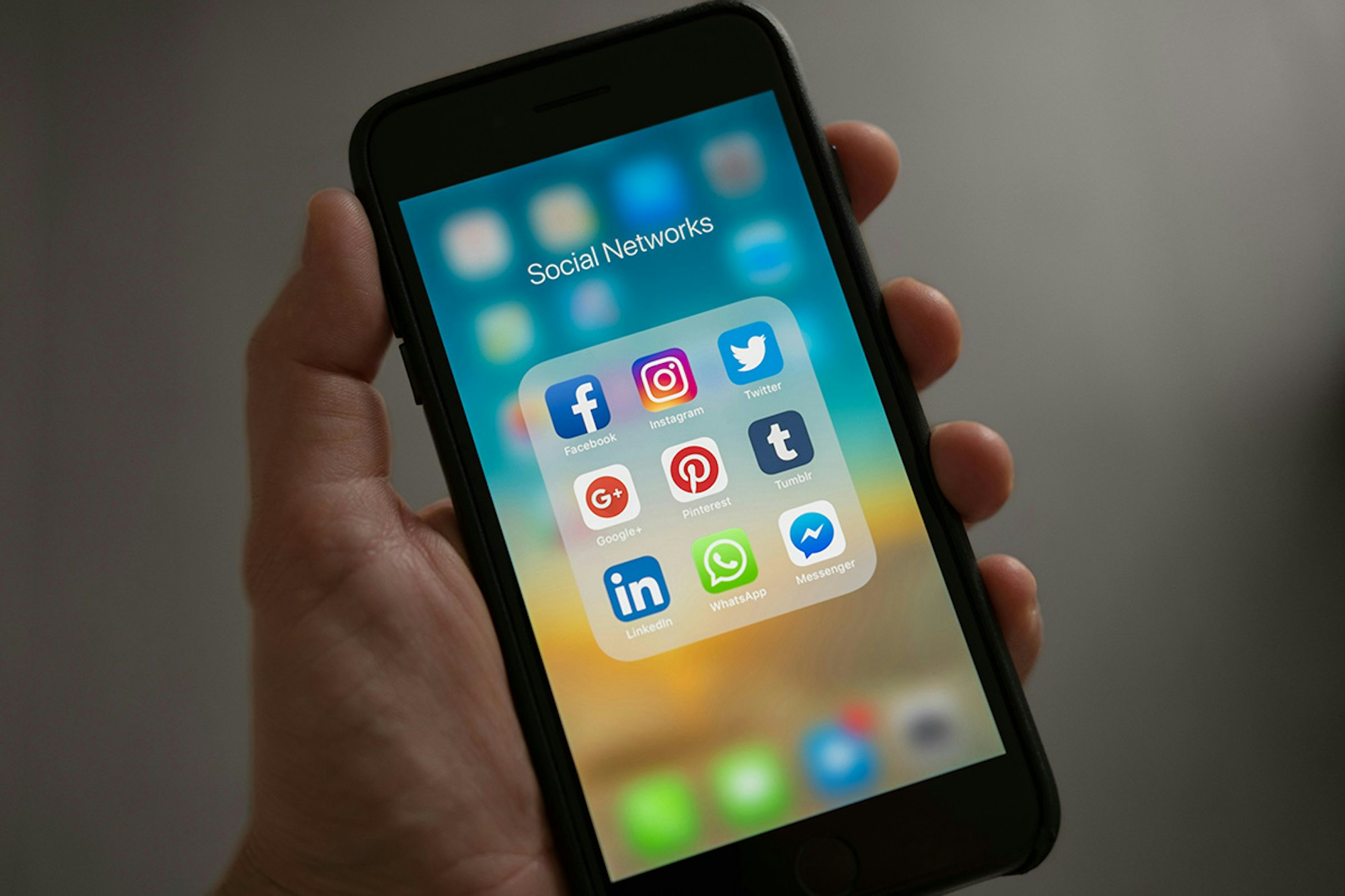Can Using Social Media Make You a Target for Hackers?

Updated:

Ever since Facebook’s inception in 2004, social media has become a global phenomenon reaching almost every corner of the world. In 2021 alone, there were 4.48 billion people actively using social media in the world: an increase of 13.13% year-on-year from 3.69 billion in 2020.
Free mobile security with Certo
Download Certo Mobile Security on iPhone or Android for free and protect your device from cyber-attacks now.
Apps like Facebook, Instagram, Twitter and TikTok have amassed billions of accounts between them, which makes them an extremely attractive proposition for hackers. Added to that the fact that many people use their social media credentials to login to other services, and you have a rich pool from which criminals can steal your information.
Like any other online services, social media platforms have been hit by hackers. In April 2021, over 500 million phone numbers and personal data sets belonging to Facebook users were leaked. The year before, Twitter was hacked by a 17-year-old and his accomplices. The attack mainly targeted high profile accounts such as Barack Obama, Kim Kardashian West, Jeff Bezos, and Elon Musk. Finally, last year there was a large-scale breach at Instagram, revealing information from over 200 million social media accounts, with both phone numbers and email addresses leaked online.
It is not just our credentials that pose a risk. So often we reveal too much about ourselves on our social media platforms. This gives hackers ample opportunity to build a complete picture of who we are with the aim of stealing identities and committing cyber fraud.
With these breaches in mind, what can you do to keep your information safe?
Limit the information you provide
When you are signing up to online platforms, it is a good idea to retain certain information that is not a mandatory field. The more information these platforms have about you, the more that could fall into the wrong hands in the event of a data breach. By minimizing the amount of information on the internet, you are able to reduce the effects of data leaks from either hacks or scraping.
Be mindful of what you post
It is also important that you think about what you are posting out on public platforms as well. Do not post any private information that could be used by hackers or fraudsters. For example, don’t post any photos with your address visible. You also don’t want to be trackable so avoid uploading too many posts, check-ins or photos that reveal your location as this could allow a third party to build up a picture of your daily routine.
Check your privacy settings
Social media sites give you the opportunity to change your own privacy settings and limit who can see your profiles. Make sure that only people you know and trust can see your information. For example, you can make your profile private and limit who can see your posts to friends only. This gives less opportunities for hackers to see your accounts and target you with attacks.
Use a different password for each account
If your account is breached and your password becomes compromised, the damage can be multiplied if you use that same password across several accounts. Build good security practices by using unique, strong passwords for each account. Whilst it might seem impossible to remember various credentials, a good password manager can help retain the information safely.
Use Two-factor authentication where available
On top of unique passwords, adding two-factor authentication will give you another layer of protection even if someone finds your password in a security breach. Two-factor authentication – such as biometrics, SMS verification or one-time passcodes – mean that even with your password you still need to approve a sign-in attempt through another medium. That means even if a hacker knows your password, they can’t access your accounts.
Free mobile security with Certo
Download Certo Mobile Security on iPhone or Android for free and protect your device from cyber-attacks now.